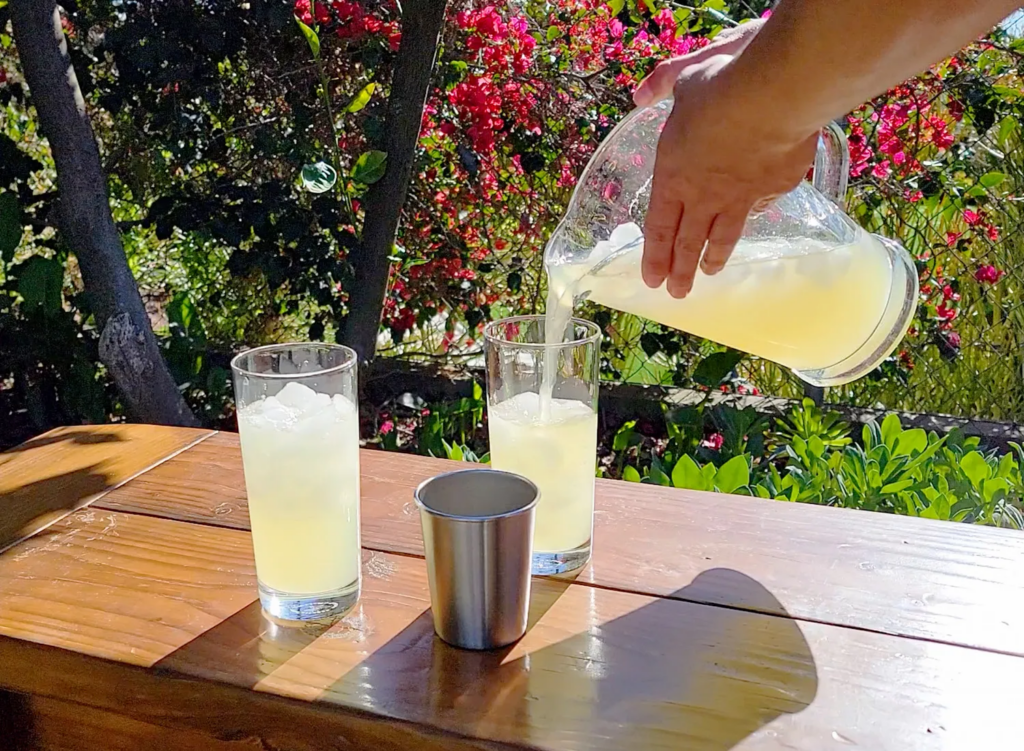
Understanding Perimenopause and Natural Support
Perimenopause is a transitional phase before menopause that many women experience, often accompanied by symptoms like hot flashes, mood swings, and hormonal imbalances. Luckily, herbs and natural remedies can offer significant relief. In this guide, we’ll explore the best herbs and natural remedies for perimenopause to help ease your journey through this transitional period.
What is Perimenopause? An Overview
Perimenopause is the period leading up to menopause, characterized by fluctuating hormone levels and a range of symptoms. This phase can last anywhere from a few months to several years and typically starts in the mid-40s but can begin earlier or later. Common symptoms include hot flashes, night sweats, mood swings, and changes in menstrual cycles.
The stages of perimenopause can be broadly divided into early and late. In the early stage, women might experience irregular periods and mild symptoms. The late stage often brings more pronounced symptoms and fewer menstruations, signaling the approach of menopause.
Managing perimenopause symptoms naturally is important for maintaining quality of life. Using herbs and natural remedies can offer a safer, holistic approach compared to conventional treatments. This focus on natural methods helps empower women to take control of their health during this transitional period.
Top Herbs for Hot Flashes
Hot flashes are one of the most common and uncomfortable symptoms of perimenopause. Certain herbs have been shown to help reduce this phenomenon effectively. Let’s explore what herbs help with hot flashes and how they work.
Black Cohosh
Black cohosh has been extensively studied and is one of the most well-known herbs for hot flashes. It works by influencing hormone levels and neurotransmitters, providing relief from hot flashes and night sweats.
Red Clover
Red clover contains phytoestrogens, plant-based compounds that mimic estrogen in the body. This can help alleviate hot flashes by balancing hormone levels.
Sage
Sage has been used traditionally to manage hot flashes. It contains tannins and flavonoids that may help cool the body and reduce sweating. Incorporating these herbs into your daily routine is relatively simple. They can be taken as supplements, teas, or tinctures. Drinking herbal teas like sage tea or red clover tea a couple of times a day can provide relief.
Herbs for Hormonal Balance
Balancing hormones during perimenopause can make a world of difference in managing symptoms. Let’s look at what herbs help with low hormones and how they contribute to a harmonious balance.
Vitex (Chasteberry)
Vitex is known for its ability to balance hormone levels. It works by stimulating the pituitary gland to increase luteinizing hormone production, which in turn helps regulate menstrual cycles and alleviate symptoms like breast tenderness and mood swings.
Maca Root
Maca root is an adaptogen that supports the endocrine system, helping to balance hormones and improve overall well-being. It can be taken in powdered form, often added to smoothies or oatmeal for an easy nutritional boost.
Dong Quai
Dong Quai, also known as “female ginseng,” is another herb that promotes hormonal balance. It is particularly useful for regulating menstrual cycles and alleviating cramps and mood swings.
While these herbs are generally considered safe, it’s essential to use them correctly and consult with a healthcare professional for personalized advice. They can be used in teas, capsules, or tinctures, providing flexible options for daily use.
Natural Remedies for Overall Perimenopause Symptoms
Managing perimenopause symptoms effectively often requires a comprehensive approach. Here, we’ll delve into what herbs and natural remedies help with overall perimenopause symptoms.
Evening Primrose Oil
Evening primrose oil is renowned for its gamma-linolenic acid (GLA), which helps reduce inflammation and alleviate symptoms like breast tenderness and mood swings.
Flaxseed
Flaxseed contains lignans, which have phytoestrogenic properties. These can help balance hormone levels and reduce the severity of hot flashes and night sweats.
Ginseng
Ginseng can help improve mood, boost energy levels, and reduce fatigue. It’s a versatile herb that supports overall health and well-being during perimenopause.
In addition to herbs, diet and lifestyle changes can significantly impact symptom management. A balanced diet rich in fruits, vegetables, and whole grains, combined with regular exercise and stress management techniques like yoga or meditation, can enhance the effectiveness of natural remedies.
Herbs and Natural Remedy Recipes for Americans
For Americans, incorporating herbs into various recipes can be a delicious and effective way to manage perimenopause symptoms. Let’s explore some herbs and natural remedy recipes for Americans.
Sage Lemonade

Ingredients:
– 1 quart of water
– 1/4 cup fresh sage leaves
– 1/2 cup lemon juice
– 1/4 cup honey
Instructions:
Boil the water and pour it over the sage leaves. Let it steep for 30 minutes, then strain and mix in the lemon juice and honey. Serve chilled.
Maca Smoothie

Ingredients:
– 1 banana
– 1 tablespoon of maca powder
– 1 cup almond milk
– 1 tablespoon of almond butter
– A handful of spinach
Instructions:
Blend all the ingredients until smooth. Drink in the morning for an energy boost.
These simple recipes not only taste great but provide essential nutrients and herbal support to help manage perimenopause symptoms.
Herbs and Natural Remedy Recipes for Europeans
European women have long used herbs in their daily lives. Here are some tailored herbs and natural remedy recipes that cater to European preferences.
Red Clover Infusion
Ingredients:
– 1 cup boiling water
– 1 tablespoon dried red clover flowers
Instructions:
Steep the red clover flowers in boiling water for 15 minutes. Strain and drink.
Chamomile and Lavender Tea
Ingredients:
– 1 cup boiling water
– 1 teaspoon dried chamomile flowers
– 1 teaspoon dried lavender flowers
Instructions:
Steep the chamomile and lavender in boiling water for 10 minutes. Strain and enjoy before bedtime to promote relaxation and alleviate insomnia.
Conclusion: Embracing Natural Solutions for Perimenopause
Navigating perimenopause doesn’t have to be overwhelming. By incorporating the right herbs and natural remedies, you can alleviate many of the uncomfortable symptoms associated with this phase. Remember, the journey is different for everyone, so it’s important to consult with a healthcare professional before starting any new treatment. Embrace these natural solutions, and take the steps towards a more comfortable and balanced life.
Frequently Asked Questions
What herbs help with hot flashes?
Several herbs like black cohosh, red clover, and sage are known to help reduce hot flashes.
What herbs help with low hormones?
Herbs such as Vitex (chasteberry), black cohosh, and maca root can support hormonal balance by regulating hormone levels.
What herbs and natural remedies help with overall perimenopause symptoms?
A combination of black cohosh, red clover, and evening primrose oil, along with lifestyle changes, can help manage various perimenopause symptoms.
Are there specific herb recipes for Americans and Europeans?
Yes, there are specific herbal remedies and recipes tailored to American and European preferences and available resources, which we have detailed in the corresponding sections.
Should I consult with a healthcare professional before using these remedies?
Absolutely. It’s essential to consult with a healthcare provider to ensure these remedies are safe and suitable for your specific health needs.
Resources
National Center for Biotechnology Information – The Role of Phytoestrogens in Menopause
WebMD – Menopause Medicine Alternatives
Healthline – 7 Benefits of Maca Root
Everyday Health – Natural Remedies for Menopause Symptoms
National Center for Biotechnology Information – The Safety and Effectiveness of Black Cohosh



